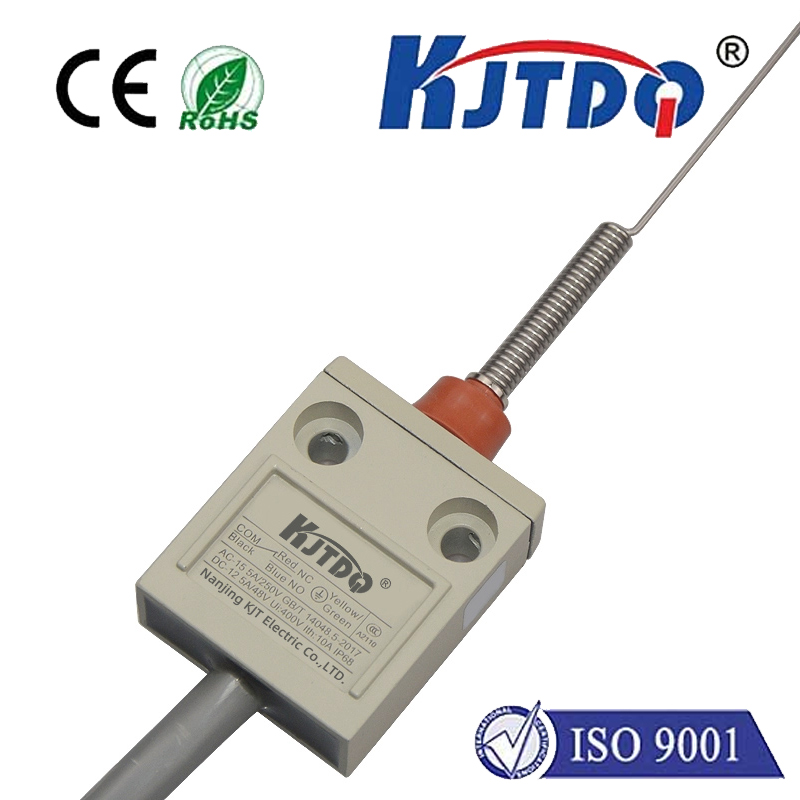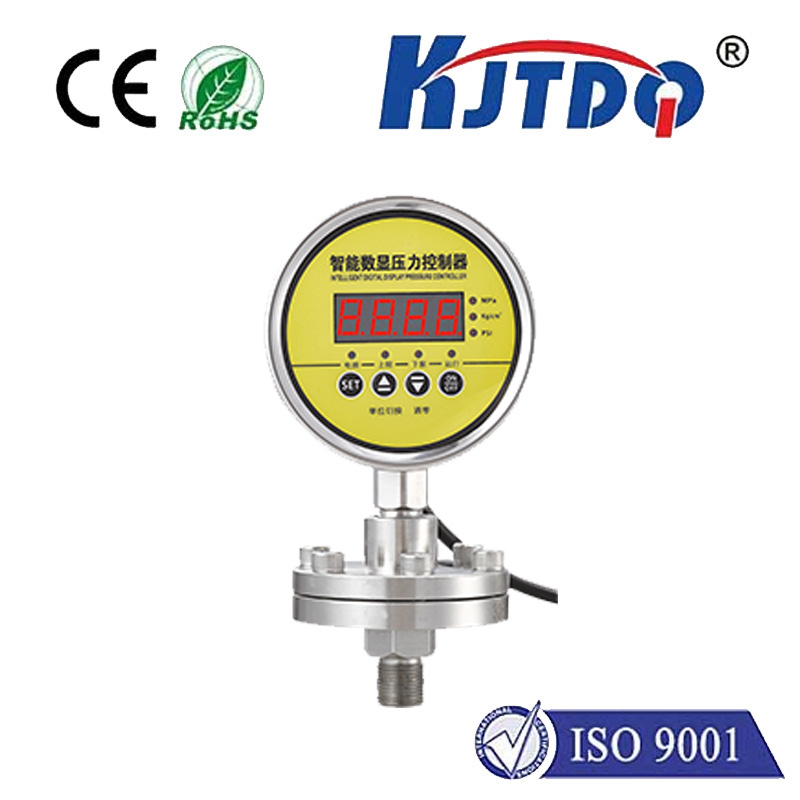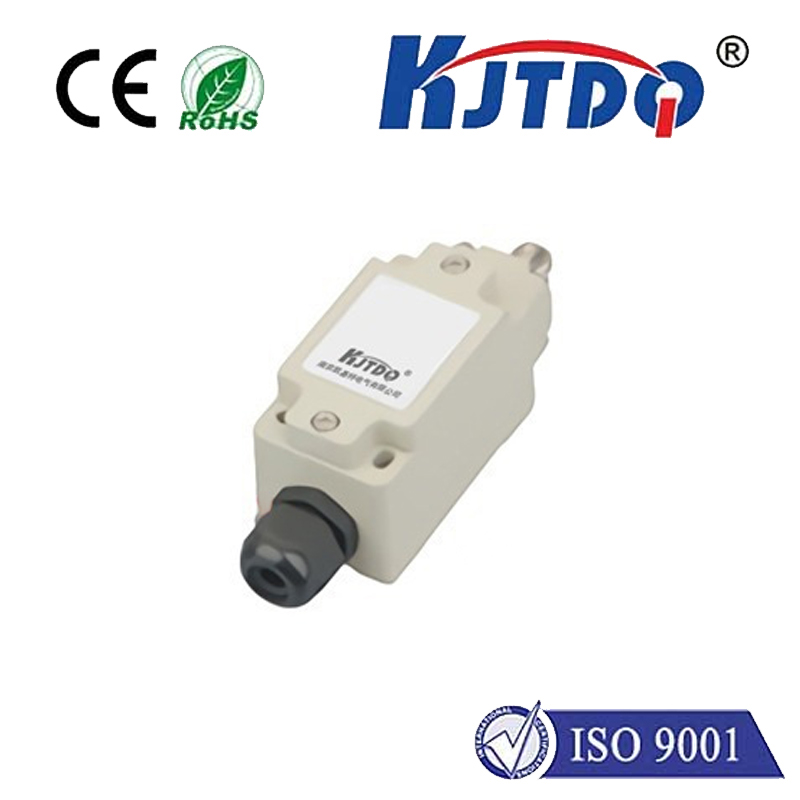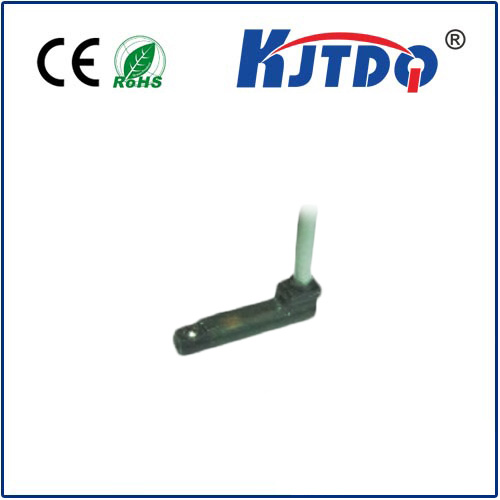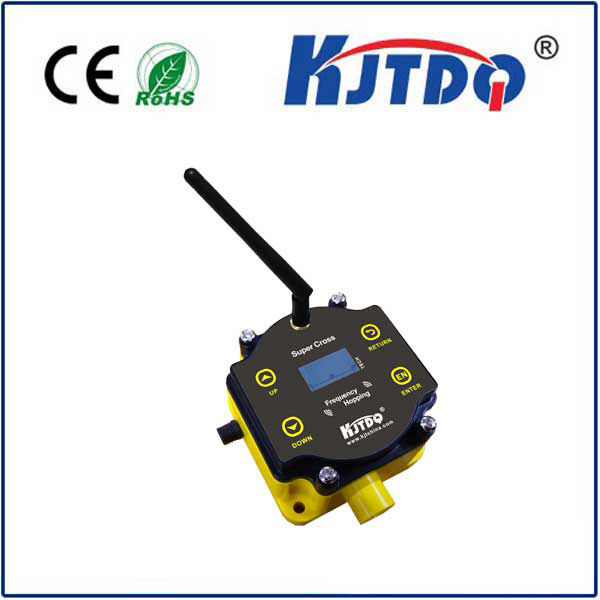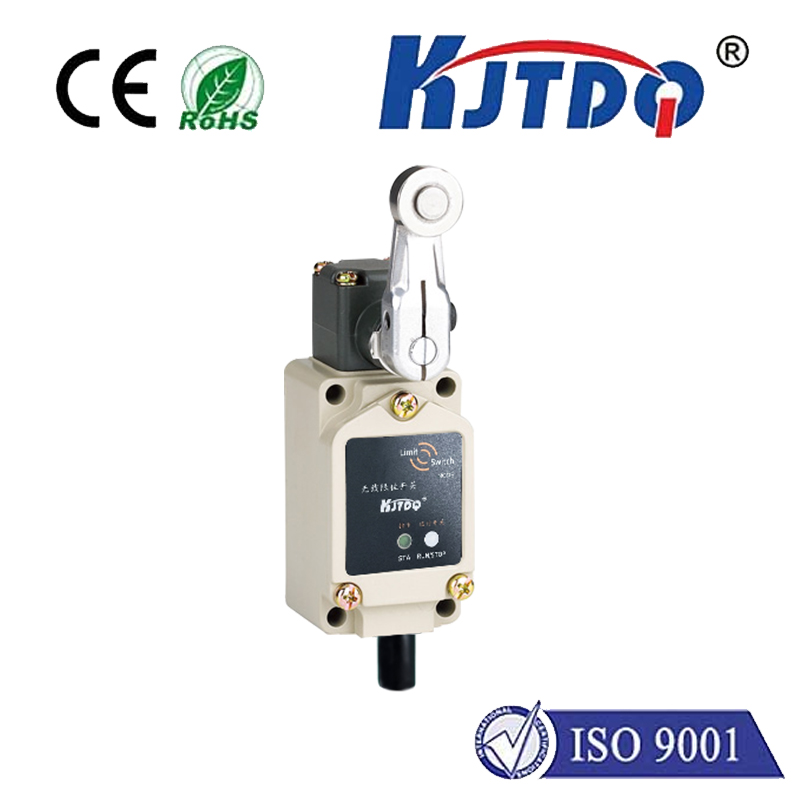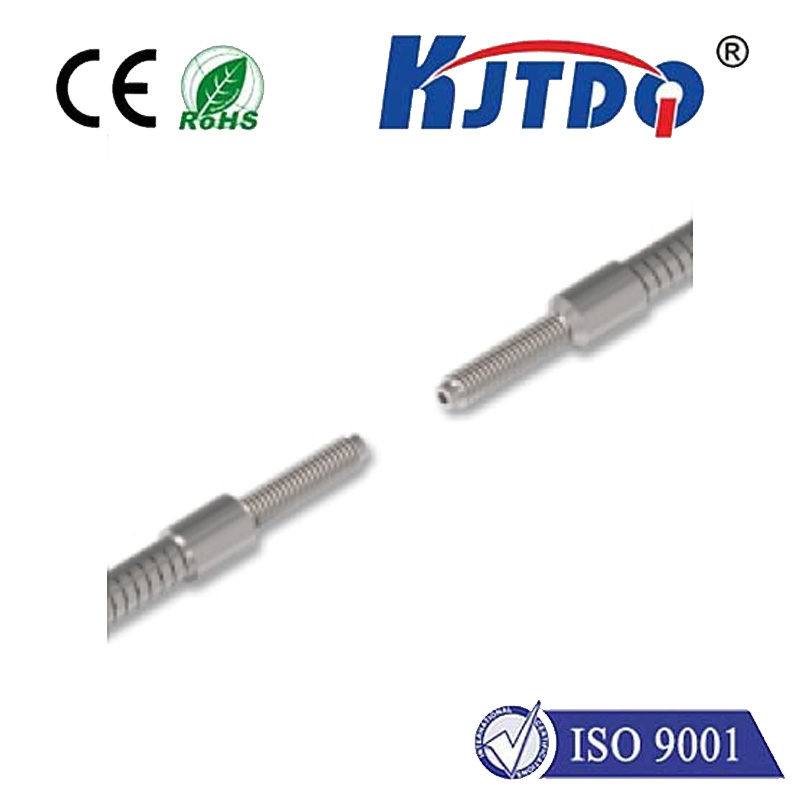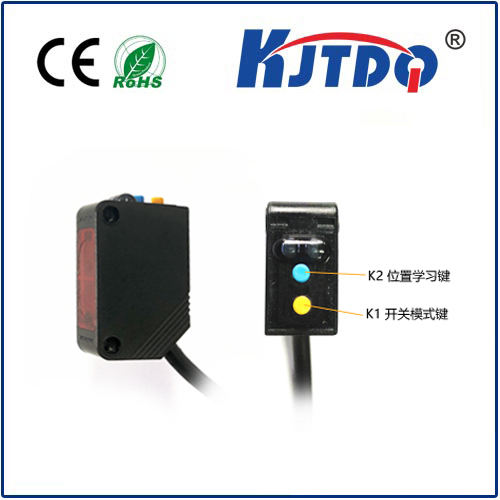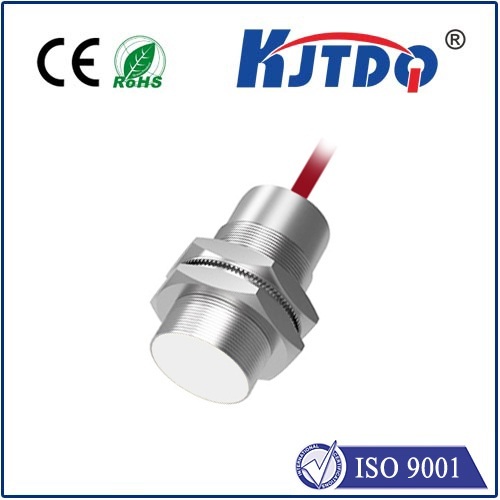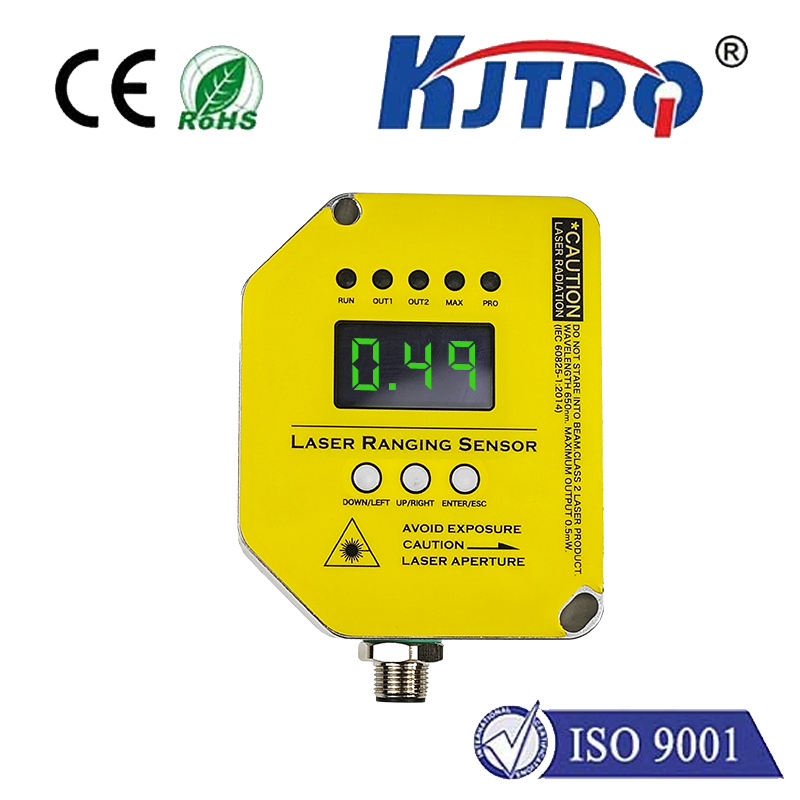

check

check

check

check

check

check

check

check

check

check
Fiber optic sensors are an advanced technology that utilizes the conductive properties of light for measurement and monitoring. It has numerous advantages that make it widely used in various industries. This article will introduce the advantages of fiber optic sensors in detail and discuss them in combination with product descriptions.
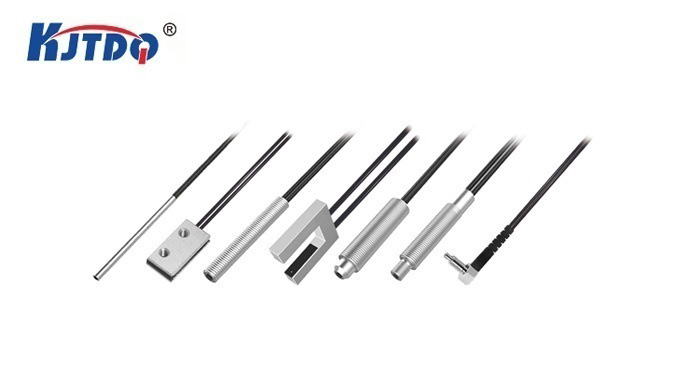
1. Good electrical insulation performance, safe and reliable: The optical fiber itself is composed of dielectric and is suitable for use in flammable and explosive oil and gas chemical production. In this special environment, fiber optic sensors can provide stable and reliable measurement and monitoring results without causing any safety hazards.
2. Strong anti-electromagnetic interference ability: Generally speaking, the frequency of electromagnetic radiation is much lower than the frequency of light waves, so the optical signal transmitted in the optical fiber will not be affected by electromagnetic interference. This enables fiber optic sensors to still provide accurate and reliable data in situations where electromagnetic environmental interference is severe.
3. Small, lightweight, and plastic in shape: Fiber optic sensors are small in size, light in weight, and highly plastic in shape. This allows it to adapt to various complex installation environments and space constraints, making installation and maintenance easier.
4. Small transmission loss and large transmission capacity: Fiber optic sensors can realize long-distance remote control monitoring and multi-point distributed measurement. The loss of optical fiber transmission is very small, which can ensure stable signal transmission. At the same time, the transmission capacity is also large, which can meet the processing and transmission needs of large amounts of data.
5. Strong corrosion resistance and stable chemical properties: The quartz material used in the optical fiber sensor has extremely high chemical stability and can be used in harsh environments. It is not affected by corrosion, can work stably, and maintain high-precision measurement and monitoring for a long time.
6. The sensor side does not require power supply and is a passive device integrating transmission and sensing functions. Fiber optic sensors do not require external power and can operate independently, reducing the frequency of battery replacement and maintenance and improving work efficiency and reliability.
To sum up, fiber optic sensors have many advantages and are suitable for the measurement and monitoring needs of various industries. It has good electrical insulation properties and strong anti-electromagnetic interference capabilities. It is also compact and lightweight, has low transmission loss, strong corrosion resistance and does not require a power supply at the sensor end, making it one of the most ideal sensor choices at present. Through fiber optic sensors, we can obtain accurate and reliable data, improve work efficiency, reduce costs, and achieve intelligent management and maintenance.
The above is a detailed introduction to the advantages and product descriptions of fiber optic sensors. I hope it will be helpful to you. If you have any other questions or needs about fiber optic sensors, please feel free to contact us.
